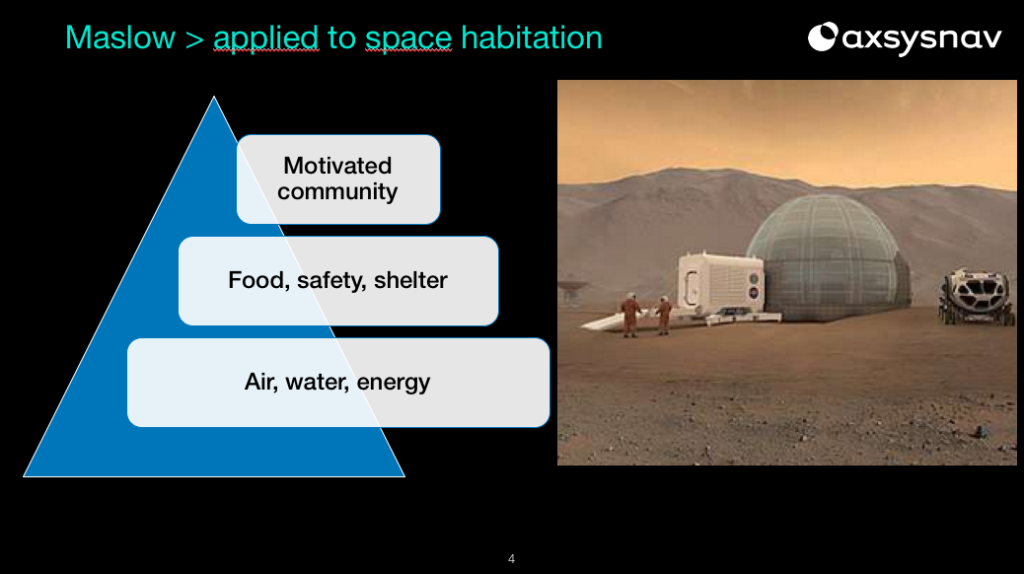Covid-19: The Next Generation EU instrument will enable the EU to overcome the pandemic and to deliver a systemic change in Europe. The need for Europe to lead the green and digital transitions and make its societies and economies more resilient has never been more urgent. Now, the vision of building a fairer, healthier, greener and more digital society has been mapped out.
The proposed Commission Work Programme 2021 has six headline ambitions:
- Within the European Green Deal, the focus will be on reducing emissions by at least 55% by 2030, as compared to 1990 levels. This will be brought together in a Fit for 55 package, which will cover everything from renewables to energy efficiency, buildings, as well as land use, energy taxation, effort sharing and emissions trading. The European Green Deal reflects the systemic nature of the green transition and its importance as a growth strategy: carbon border adjustment mechanism, smart and sustainable transport, circular economy actions plan, EU biodiversity strategy for 2030 and farm to fork strategy.
- A Europe fit for the digital age proposes a roadmap with clearly defined goals for 2030, such as connectivity, skills and digital public services. The approach follows clear principles: the right to privacy and connectivity, freedom of speech, free flow of data and cybersecurity.
- Efforts within the economy that works for the people will ensure that health and economic crisis does not develop into a socal crisis. This will guide ECs action throughout the implementation of the SURE programme that will help workers keep their income and ensure businesses retain staff. Proposed actions within this headline ambition are: the European Pillar of Social Rights, European child guarantee, EU strategic framework on health and safety at work, an action plan for the social economy, Economic and Monetary Union, sustainable corporate governance and EU green bond standard.
- A stronger Europe in the world aims at advancing EU strategic interests and objectives abroad and defending the rules and values-based international order in an increasingly polarised world. The Commission will work to enhance the Union’s global role as an anchor of responsibility, stability, cooperation and solidarity.
- Promoting our European way of life means to reinforce the EU’s framework for detecting and responding to serious cross-border health threats. The Commission proposes to “establish an agency for biomedical advanced research and development, a new pharmaceutical strategy that will look at the security of Europe’s supply chain and ensure citizens can rely on safe, affordable and high quality medicines. Moreover, the European health data space will be launched by the end of 2021 to harness data for better healthcare, better research and better policy making to the benefit of patients”. Further initiatives: new strategy for the future of Schengen, new pact on migration and asylum, strengthening the Security Union, strategy on combating antisemitism, initiative on individual learning accounts, European approach to micro-credentials.
- Through a new push for European democracy, the Commission will continue to build a Union of Equality and uphold Europe’s commitment to the protection of EU values as well as inclusion and equality in all of its senses, irrespective of sex, racial or ethnic origin, religion or belief, disability, age or sexual orientation by proposing: EU disability rights strategy, EU strategy on the rights of the child, an action plan to combat gender-based violence, the European Democracy action plan to improve the resilience of our democracies, an action plan to address the threats of external interference in European elections and counter disinformation, to enforce clearer rules on the financing of the European political parties, as well as to support free and independent media.
With these opportunities in mind, contact AXSYSNAV, a company specialised in space applications and member of the EIC network for further information on how we obtain funding for your projects that address these issues. We a have a current success rate close to 60% for obtaining an EU grant.


 English
English Français
Français